Crisis Intervention Skills: Essential Techniques for Effective Support
In moments of crisis, the right intervention can make a significant difference in the outcome. Crisis intervention skills are vital for anyone working in mental health services, community resources, or even family members who want to provide emotional support to their loved ones. These skills go beyond simply calming a situation; they help stabilize individuals experiencing a mental health crisis or severe emotional distress, often during unexpected crisis situations. By employing crisis intervention techniques, health professionals, crisis workers, and intervention specialists can provide immediate stabilization and set individuals on a path toward long-term recovery.

Key Crisis Intervention Skills
Effective crisis intervention skills rely heavily on active listening and psychological first aid. Active listening helps crisis intervention specialists focus on the person’s needs without judgment or interruption, creating a safe space for them to express their emotional distress. This skill is especially important when dealing with psychological crises, where individuals may feel misunderstood or isolated. Offering emotional support through active listening allows individuals to begin processing their experiences and reduces anxiety, which is often heightened during a crisis.
Providing Psychological First Aid
Psychological first aid is a fundamental technique in crisis intervention. It involves creating a calm, supportive environment to help reduce anxiety and stabilize the emotional state of the individual. Methods like deep breathing and grounding exercises are common ways to help individuals manage immediate distress. Crisis intervention teams are trained to provide this first level of support, which is crucial in natural disasters, mental health crises, or other traumatic events. This rapid response helps prevent further escalation and offers a foundation for additional support through healthcare professionals or mental health services.
Substance Abuse and Crisis Intervention
Addressing substance use disorders during a crisis is often complex, as addiction can exacerbate a mental health crisis or lead to harmful behaviors. Crisis intervention services must take a comprehensive approach, often involving substance abuse specialists and mental health professionals, to stabilize the individual effectively. A supportive environment, whether through group therapy or other support groups, allows individuals to work on healthy coping strategies, which are essential to the recovery process. By combining immediate intervention with long-term substance abuse treatment, individuals are better positioned to break harmful patterns and develop resilience.
Effective Intervention for Long-Term Recovery
For those in crisis, effective intervention is the first step toward sustainable healing. Beyond immediate support, a thorough treatment plan that includes both mental health support and coping strategies can lay the groundwork for long-term recovery. In cases of mental illness or significant life events, support systems such as family members, community centers, and healthcare providers are instrumental in providing ongoing care. Incorporating these resources in the recovery plan helps individuals build resilience, manage stress, and avoid repeat admissions, contributing to a healthier outlook on life post-crisis.

1. Understanding Crisis Intervention
Define crisis intervention and its purpose in mental health services.
Discuss common situations that require crisis intervention, such as mental health crises, natural disasters, and significant life events.
2. Key Crisis Intervention Skills
Outline essential skills for crisis intervention, such as active listening, psychological first aid, and rapid assessment.
Importance of emotional support and immediate stabilization for those in acute distress.
3. Types of Crisis Intervention Techniques
Discuss various crisis intervention techniques, from de-escalation to active listening.
Highlight the crisis intervention model as a structured approach to support and recovery.
4. The Role of Crisis Intervention Teams
Overview of crisis intervention teams and their function in community resources and healthcare.
Examples of how these teams provide immediate support in emergencies.
5. Crisis Intervention in Mental Health
Explore how crisis intervention services integrate into mental health services to address mental health conditions and mental illness.
Discuss the importance of mental health professionals and health professionals in crisis situations.
6. Steps in Crisis Intervention
Outline a step-by-step approach, from assessing the situation to developing a treatment plan.
Emphasize coping strategies, stress management, and the support system’s role in crisis management.
7. Providing Psychological First Aid
Explain psychological first aid, including techniques for reducing anxiety and managing emotional states.
Discuss methods like deep breathing and grounding exercises to help stabilize the person in crisis.
8. Immediate Support in Crisis Situations
Importance of providing immediate emotional support and stabilization.
Ways crisis workers and mental health professionals ensure rapid response and patient-centered care.
9. Effective Intervention for Long-Term Recovery
Role of effective intervention in promoting long-term recovery and reducing repeat admissions.
Discuss healthy coping strategies and the recovery process.
10. Substance Abuse and Crisis Intervention
Challenges in addressing substance use disorders in crisis intervention.
Techniques for offering emotional support and promoting a supportive environment for those struggling with substance abuse.
11. Family Members and Crisis Intervention
The significance of family members and support systems in crisis management.
Ways to involve family in the treatment plan to aid recovery and provide ongoing support.
12. Professional Development in Crisis Intervention
Training and professional development opportunities for crisis intervention specialists and healthcare providers.
Importance of continual learning for improving crisis intervention skills and techniques.
13. Community Resources and Support Groups
List community centers and support groups available for crisis intervention.
Highlight the role of group therapy and a supportive environment in the recovery process.
14. Integrating Crisis Intervention Skills into Mental Health Services
Importance of integrating crisis intervention into standard mental health services for more comprehensive care.
Strategies to ensure crisis intervention plays a significant role in mental health service delivery.
15. Common Coping Skills for Crisis Management
Overview of coping skills such as deep breathing, grounding, and self-reflection.
Importance of these skills for both immediate crisis intervention and long-term stress management.
16. Treating Patients with Mental Health Conditions
Discuss how to treat patients in crisis with a focus on patient-centered approaches.
Emphasize reducing anxiety and providing a structured treatment plan.
17. Harmful Behaviors in Crisis Situations
Identify common harmful behaviors during psychological crises and effective intervention methods.
Ways to mitigate harmful behaviors and stabilize the individual’s mental state.
18. Building a Crisis Intervention Model for Effective Support
Explain what a crisis intervention model entails and its role in providing systematic support.
Highlight successful intervention techniques for different crisis situations.
19. The Role of Healthcare Providers and Mental Health Professionals
Role of healthcare providers, including healthcare professionals and crisis workers, in immediate support.
Importance of collaboration among professionals for successful intervention.
20. Developing Coping Strategies and Stress Management
Teaching individuals in crisis about coping strategies for stress management and long-term mental health.
Discuss methods such as group therapy and support groups to build a supportive environment.
21. The Recovery Process After a Crisis
Outline steps in the recovery process, including supportive environments and access to mental health services.
Importance of long-term recovery and healthy coping strategies for sustainable mental well-being.











